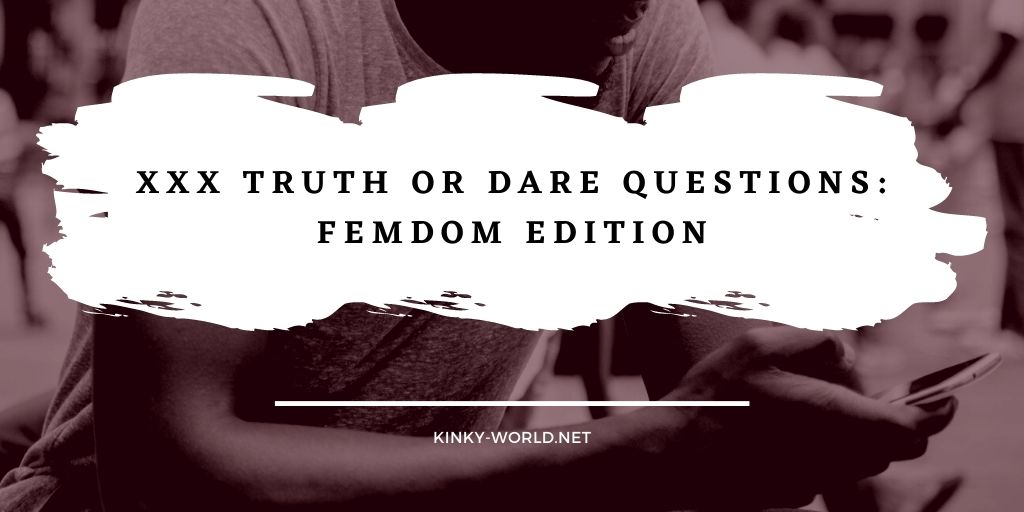“The Purity Myth” is a book written by Jessica Valenti and published by Seal Press. The tagline is “How America’s Obsession with Virginity is Hurting Young Women”. The book is about the average size of a book (five inches wide and seven inches tall) and is a softcover book. All of the pages on the inside are black and white, and there are no illustrations. This sex book has 263 pages which are divided into ten different chapters. The front cover shows budding flowers with the plain title while the backside just shows text describing the book. It’s a pretty discreet cover, and I ended up reading it at work, so you could take this out in public.
Normally I don’t go over an author’s credentials, but I feel like it makes a big deal in this book. Jessica Valenti is the founder of Feministing.com, and as you can imagine, she is a very strong believer in feminism. I generally consider myself a feminist, but I feel like the feministic approach came out in a bad way at times in this book.
This book basically just covers the idea of purity’s importance in America. It talks about how women are expected to stay virgins while all of our media promotes a woman’s sexuality as the most important thing about her. The book focuses on how this affects young women with a feminist slant.
One of the biggest points I think that Valenti made was the idea that women’s sexuality doesn’t seem to be their own anymore. She, in many places, talks about how society places the “responsibility” of keeping the woman “pure” on many other people aside from the woman herself. For example, when it comes to the Plan B pill, people didn’t want to pass legislation to allow it to be sold because “it might make women promiscuous”. It also talks about the idea of Purity Balls which is where young daughters, attending with their fathers as their date, pledge to keep their virginity. The amazing thing is that some of those Purity Balls are actually federally-funded! Along with this, Valenti also talks about how guys are always warned against, by adults, taking advantage of a woman as if women can’t take care of themselves.
One thing I really enjoyed were the footnotes. Valenti has a good sense of sarcastic humor, and she approaches some of the pro-purity tactics with a healthy dose of sarcasm that helps throw the tactics out to stand on their own two feet. There are footnotes on almost every other page, and sometimes they include additional information or sometimes they include Valenti’s personal outlook on the information she gave.
My biggest complaint about the book was the heavy feminist slant. I know that the book was intended to make responsibility the focus instead of the pro-purity slant, but I felt like a good chunk of the book was just spent arguing against the points that the pro-purity people make. I feel like there wasn’t much of a basis in terms of factual/neutral information. While this did make a good book, I sometimes felt like the entire book was just a rebuttal against the purity myth instead of giving me factual information to make my own decision about the debate.
I feel like Valenti really got off-topic for the second half of the book. It was all still vaguely related to the idea of virginity and purity, but it wasn’t extremely related. For example, it started talking about the idea of rape and who was responsible, how men’s sexuality is focused on the idea of women and things like that. It just wasn’t that strongly related to virginity.
The book covers quite a few different aspects related to a woman’s sexuality. It includes how virginity is presented as the most important aspect of a woman, how the idea of virginity affects women’s sexuality, how purity is being presented to young people, how pornography affects purity, sex education in schools, laws promoting “purity” (such as the Plan B pill), how the media blames women for violence against them, how a man’s manliness is connected to the women around him, the morality of women, and the conclusion.
The sex book is an interesting read, and it wasn’t too boring. It took me about two hours to read. Valenti writes in an interesting manner that makes it worth reading, but at times, I did find myself thinking that the heavy feminist touch was getting more bothersome than helpful.
However, if you are curious about the sexuality of women (and how it’s affecting young women), this book about virginity is worth reading. Thanks to Seal Press for sending me this book for review, and you can pick up your own copy of The Purity Myth at the links listed on SealPress’s page.








